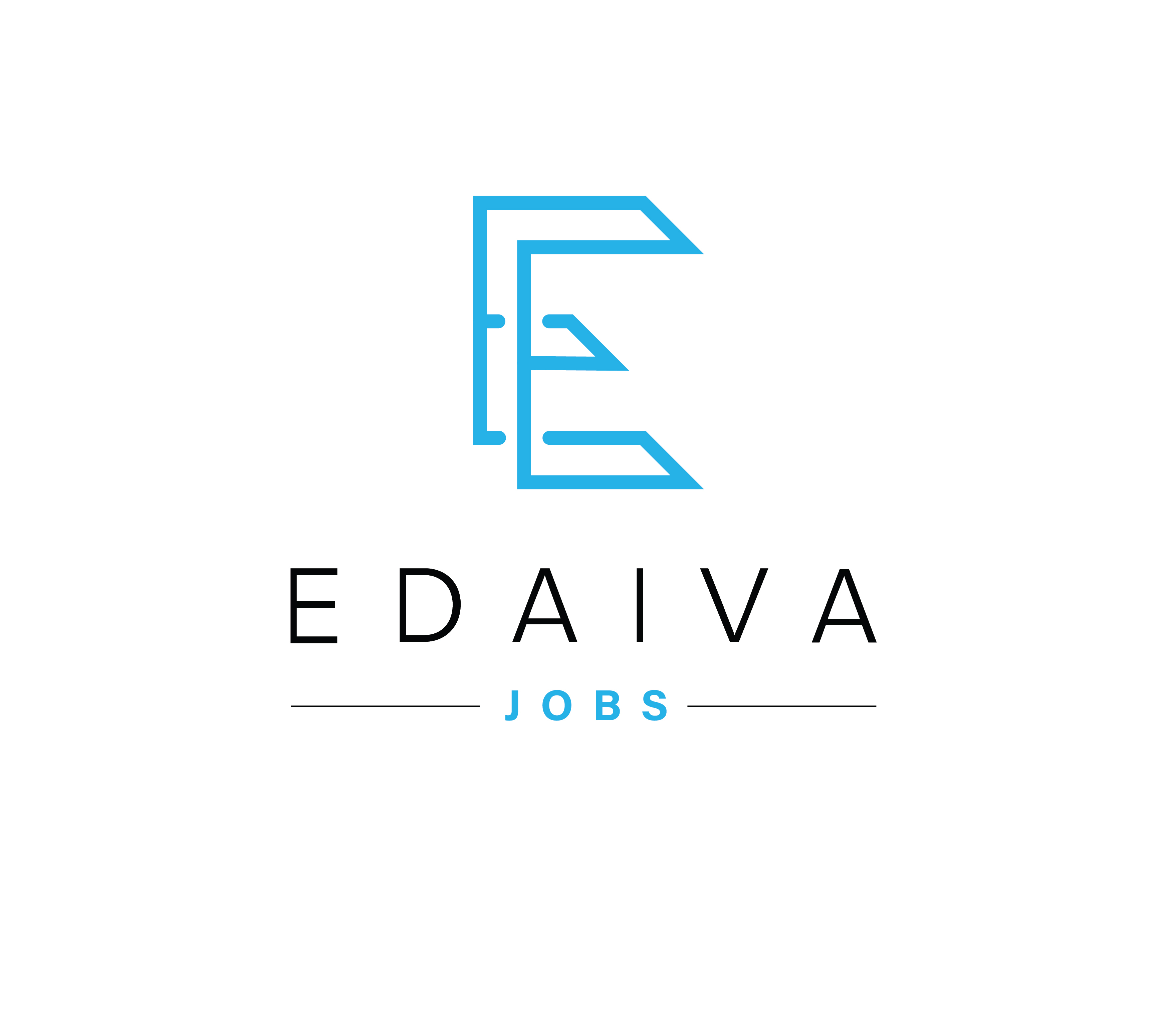BLOGS
The Importance of Emotional Intelligence in the Workplace
By Team Edaiva
Last Updated : Mar 12, 2023

As we are all human, emotion is one of our strongest traits. It is what motivates all of our actions, preferences, and other traits. Hence, feelings do matter a lot in our lives, and when it comes to the workplace, we often become victims of our feelings. When we have a meeting, we often become overly worried and mess up our known pitch, or if our employer is fixing our mistakes, we often think we are incapable of anything. As a result, it's important to remember how to manage your emotions when working in the office and as a recruiter. Even if you might be quite upset over an error your employee made for which you lost a client, there is never a good enough excuse to spank them. We must take a break from talking, and in the workplace in particular, emotional intelligence is crucial for both employees and employers. In this article, we'll discuss some things to bear in mind as an employer when it comes to emotional intelligence and how to apply it in your workplace. Let's breeze right along!
What does the phrase "Emotional Intelligence" mean?
The term "emotional intelligence" (EI) refers to a person's capacity to recognize, comprehend, control, and harness their own emotions as well as the emotions of others around them. EI is an important interpersonal communication ability that has gained interest in a variety of fields, including the workplace.
Employees who act with EI typically help the organization and gain advantages in their professional development. A workforce that consists of more emotional intelligent employees has greater team dynamics and also helps the team to lead towards success together. The capacity to comprehend and effectively regulate emotions is referred to as emotional intelligence by employers. In the workplace, emotional intelligence may have a big impact on your interactions with employees, advance your career, and foster a more positive work environment.
Why is Emotional Intelligence so important in the workplace?
One of the fundamental qualities that any employer and employee should possess is emotional intelligence, and it offers a wide range of advantages. Let's look at them now.
Understanding people's motives enable leaders to inspire and motivate productive work.
- It can boost each individual’s ethics and help others reach their full potential.
- Notwithstanding challenges, working towards the organization's objectives.
- Employees are more driven to comprehend their feelings and also think about their co-employees as well.
- Healthy communication results in good team building and helps in achieving company objectives better.
- When it comes to the task at hand, the workforce has optimism.
- Strong bonds and stronger connections among employees.
- Employees become more flexible when they have better EI as they can be flexible with work hours, and deadlines and also manages stress well.
How can Emotional Intelligence affect the dynamics of a team and a leader's effectiveness?
Team dynamics and leadership performance are significantly impacted by emotional intelligence. Emotionally intelligent leaders are better able to comprehend and empathize with their team members, which helps foster trust and productive working relationships. As a result, the team's production, teamwork, and communication may all improve. A favorable work atmosphere and effective conflict management are also traits of emotionally intelligent leaders, which can boost team morale and lower turnover.
Moreover, leaders' decision-making processes may be impacted by their emotional intelligence. Leaders who can control their emotions and maintain objectivity are more likely to make wise and useful judgments that can contribute to the team's success. It is a crucial component of good leadership and can have a big impact on team chemistry. Strong relationships with their team members, effective decision-making, and the ability to foster a good and productive work environment are all traits of leaders that place a high priority on emotional intelligence.
What are the most effective methods for promoting emotional intelligence at work?
There are many different methods that you, as an employer, can integrate EI into the workplace, and we have included a few here for your knowledge.
- Determine the strengths and weaknesses of the workforce: There is more to an employee than just their position or duties. The person you work with every day is the result of several distinctive lived experiences that went into making them. They thus possess various skills and skill sets that contribute in various ways to the organization's ultimate objective.
- Defining the basic code of Conduct: Every business has rules, guidelines, or a formal code of conduct that spells out what the leadership expects from its employees and how they should conduct themselves. When formulating policies and outlining how personnel is given duties, interact with one another, and receive feedback, the emotional intelligence of the employees should be a key factor.
- Stress management: Systems and tools must be in place for employees to deal with the pressures of their jobs. You may prevent burnout and enhance job performance even in difficult circumstances by investing in team well-being and fostering emotional intelligence skills related to stress management.
Strategies for increasing emotional intelligence begin with yourself
If you are the employer and you are considering making a change, keep in mind that you should be the one to preach the change first. Here are a few things you can do to boost emotional intelligence training among your employee's members as well as yourself.
- Take note of your Weaknesses: Before starting to increase your emotional intelligence, it is helpful to recognize your areas of weakness. By identifying your emotional blind spots, you can lead yourself to improve your communication skills.
- Seek help: To increase emotional intelligence at work, think about approaching your manager or a mentor. Ask them for advice on how you may enhance your leadership or communication abilities after explaining your desire to do so.
- React, don't retaliate: When arguments or disagreements arise at work, many people are prone to emotional outbursts or expressing their annoyance. Those with emotional intelligence acquire the ability to maintain composure under pressure. Instead of reacting hastily, they pause to consider their feelings before responding in a more tranquil way that advances rather than exacerbates the issue.
You must practice and practice until you master the entire process of emotional intelligence. We, therefore, ask that you incorporate emotional intelligence in a way that influences employees at your company and has a good effect on them. We sincerely hope you will take note of this and work even harder. Until then, you can reach us at https://jobs.edaiva.com/
